Team Équilibre prepares for 5-day adventure race in Alaska
Originally Posted on June 23, 2015
Hillsound recently caught up with Team Équilibre in the lead up to their next adventure race on June 28th. The team will be participating in a 5-day team event called Expedition Alaska. Exact course and obstacle details are not revealed prior to the race, but entrants are expected to be competent in a variety of disciplines, including trekking, mountain biking, ocean paddling, coasteering, packrafting, trail running, glacier travel and orienteering.
H: Hello! I hope training’s going well. How are you all?
Alex: Hi! Yeah we are into the final steps of the project! We are doing good at last. We often say the biggest challenge in adventure racing (AR) is to get to the start line… and getting everything in line for Expedition Alaska had its own bumps for sure. Ursula Tracz got injured a few weeks ago and we had to find a replacement. Jean-Yves Dionne also had health issues that scared us for some time. Fortunately Chelsea Luttrall from Journey Racing in Colorado is able to jump in and we are really happy to count on her experience and AR enthusiasm. JY is now 100%. Finally we can see the start line on the horizon!
H: How did you come together as a team?
Alex: JY and myself have been racing together since 2011 and were joined by JY brother Jonathan in 2013. Like many AR team, we were first opponents and eventually joined as we seemed to be of similar abilities. I can now that we all complete each other when it comes to AR as we racked up a lot of trail time together for a few years.
I know Chelsea from Florida Sea2Sea last March and I clearly saw she was a strong, passionate racer and a potential fit with our team. Experience and knowing each other in hard conditions is key in adventure racing, especially in expedition racing long drag. We will have to do a bit of learning on the go but we are all well prepared for it.
H: Adventure racing sounds very different from regular ultras or marathons. What can you tell our readers about adventure racing?
Alex: Adventure racing is a fabulous sport. It’s the ultimate adventure/team experience. Unlike most endurance sport where you rely mostly on your own physical/mental abilities, AR requires the use of a whole extra layer of your brain to cope with team dynamics, route decisions, gear, race strategy and sleep deprivation.
There are sprint races that last a few hours that are really accessible to everyone. We highly recommend those! Then there is a full spectrum of race type that culminates with expedition length that goes on from 4 to 10 days and requires more preparation and skills. The core sports are usually running/trekking, mountain biking and paddling on unmarked course and teams have to navigate their way with maps and compass together at all times (no relay). Then comes the local flavors like packrafting, canyoneering, glacier trek, ropes, local boat, anything non-motorized really that makes sense in the race logistics and adds to racer’s experience. You really feel like a modern explorer out there! There is no better feeling than crossing the finish line after an adventure race!
H: We were thinking – you’d need to be an expert or close to one in at least one aspect of outdoor sports to be successful and safe in adventure racing. Would you say this is true? What sports background do you come from?
Alex: No. There are races for all levels out there. Of course it all depends on the objectives you establish for yourself/team and what kind of challenge you want to tackle but it really is quite simple in the end: it’s only about staying on the move. Relentless Forward Movement. It’s stuff most of us all know anyway, to trek, bike and paddle. It usually comes down to common sense most of the time. The more time you spend playing outside, the more prepared you are to tackle AR. Experience and knowing yourself is key.
For as long as I can remember I always rode my bike and my sport background in college was volley-ball and downhill skiing. At some point in my early 20s I gradually switched to aerobic and endurance sports like running, cross-country skiing and somehow I found myself in the middle of a 36h non-stop adventure race. I guess I have build up skills and confidence that allowed me to compete in events like the 2013 AR World Championship in Costa-Rica and approach events like Expedition Alaska with confidence. It all depends what you want to challenge yourself and how much you want to put into it. Looking at the top AR teams I always told myself “if they can do it – I can do it”.
H: 6.5 days together in challenging conditions is tough even for the most tight-knit teams. Is it a challenge to maintain team cohesion over such a long race?
Alex: Totally. It’s actually a big part of it. That fact that we have to navigate our way makes it for lots of team decisions and different opinions. Then put into the equation that we will run on very little sleep (roughly 10h for 7 days) and it creates an interesting cocktail. That’s where role definition comes into play, and that getting our act together is super important. There is no time for misplaced ego. This is all things we discuss well in advance. Experience with your teammates and yourself is key.
H: Without revealing team secrets, can you let us know how one prepares before a big race such as Expedition Alaska?
Alex: I like to train and play outside, it’s a big part of what I do all the time anyway. I crank up the hours 6 weeks before an expedition race to roughly 20h/week of everything I feel is required. I always look at previous years to get references. It’s important to try new things to get out of our comfort zone and keep things fresh and be ready for anything on race day.
Chelsea: Typically, I keep a strong year-round base by playing as much in the Colorado mountains as possible. Then, I’m pretty structured with my workouts 4-6 months in advance of a big expedition race. This race, however, was different. Since I wasn’t originally planning on doing a big race this year, and only recently was asked to race, I have only been playing in the mountains and so that extra measure of fitness that I prefer to have is not going to be there as strongly as I prefer. Therefore, this race prep involves a lot of mental preparation; preparing myself to suffer more than usual and hopefully push far beyond the pain.
JYD: I keep on training all year round. When the adventure racing season starts in spring, I start following a more structured schedule.
Jonathan: I train all year around as well. I get more specific when I crank it up come spring time.
H: What are the most important things to keep in mind when you’re adventure racing?
Alex: That we are in this together and we will only succeed together.
H: What would you say is the biggest safety concern while racing?
Alex: I would say bike crash because of sleep deprivation and getting caught in a storm on the ocean. Sometimes there is a fine line between being too conservative and taking unnecessary risks to gain an advantage.
H: What is your favorite part or the part you feel strongest in as a team in the upcoming race? (The canyoneering, coasteering, paddling etc.)
Alex: We feel confident about the trekking sections. The harder it gets, the better for us.
H: Do you have strict training routines prior to racing?
Alex: We all have our way to do things. I like to keep a log of what I do so I can compare from one year to another and have references. So yes I do in terms of training load. Appropriate rest is crucial.
Chelsea: Typically yes. It changes for each race, but last year, I had a routine where I would do 1 endurance, 2 speed, 1 technical, and 1 easy sessions per week in all 3 disciplines. So, about 18-20 hours of training per week during the really demanding weeks.
JYD: I am trying something new this year… Hopefully it will pay off! For 5-6 weeks, I have been training longer sessions (3-4 hours, 5 days a week). So I am training more in zone 2. For the last 2 weeks, I will increase the intensity zone 4-5 and make sure that I sleep as much as I can before arriving in Alaska.
Jonathan: The 8 weeks leading to a race are crucial for me. I go full gaz for 3 weeks with big loads and intervals and then one recovery week. For Expedition Alaska, the last week before we leave will have much less volume but still a few good intensities. I have done my homework, hopefully I got it all right.
H: How do you all like to relieve stress?
Alex: Riding my bike after work and cooking. I love food.
Chelsea: Most of the time training helps keep my stress levels down. But when they’re super high, training can be an additional stressor. So then, I prefer a good hike in the mountains with my husband and dogs. Still active, but the pressure is off and it helps me get out of my head.
JYD: To be honest I have a hard time relieving stress before an expedition race. My wife tells me that it is always the same thing before a big race. The stress and excitement just keep building up until the “D day … Then, a few minutes after the start, it all goes away and I am ready to rock it.
Jonathan: I may not show it but it’s there for sure. Sometimes it spins in my head and it’s hard to focus on anything else, but it all goes away on go time.
H: How are you preparing for the summer? What is your favorite summer activity?
Alex: Summer time is the best for endurance sports like running, biking and paddling. With all the base acquired during winter and spring it’s time for long distance trail runs, epic bike rides and scenic paddling! And BBQs are definitely part of summer fun!
H: Do you continue your training through the Winter? What activities do you turn to when the weather turns cold outside to maintain fitness?
Alex: Winter training is so cool. We like to hit the mountains with our Hillsound crampons and gear! Either snowshoeing or hiking on hard pack trails. Cross country skiing is also on the menu.
H: Thank you for your time in answering our questions. The Hillsound team wishes you the best of luck!
T.E: Thanks! We will send you guys updates from Alaska.
You can stay up to date with Team Équilibre’s movements on their Facebook page. Hillsound will bring you a post-race report in mid-July. Stay tuned!


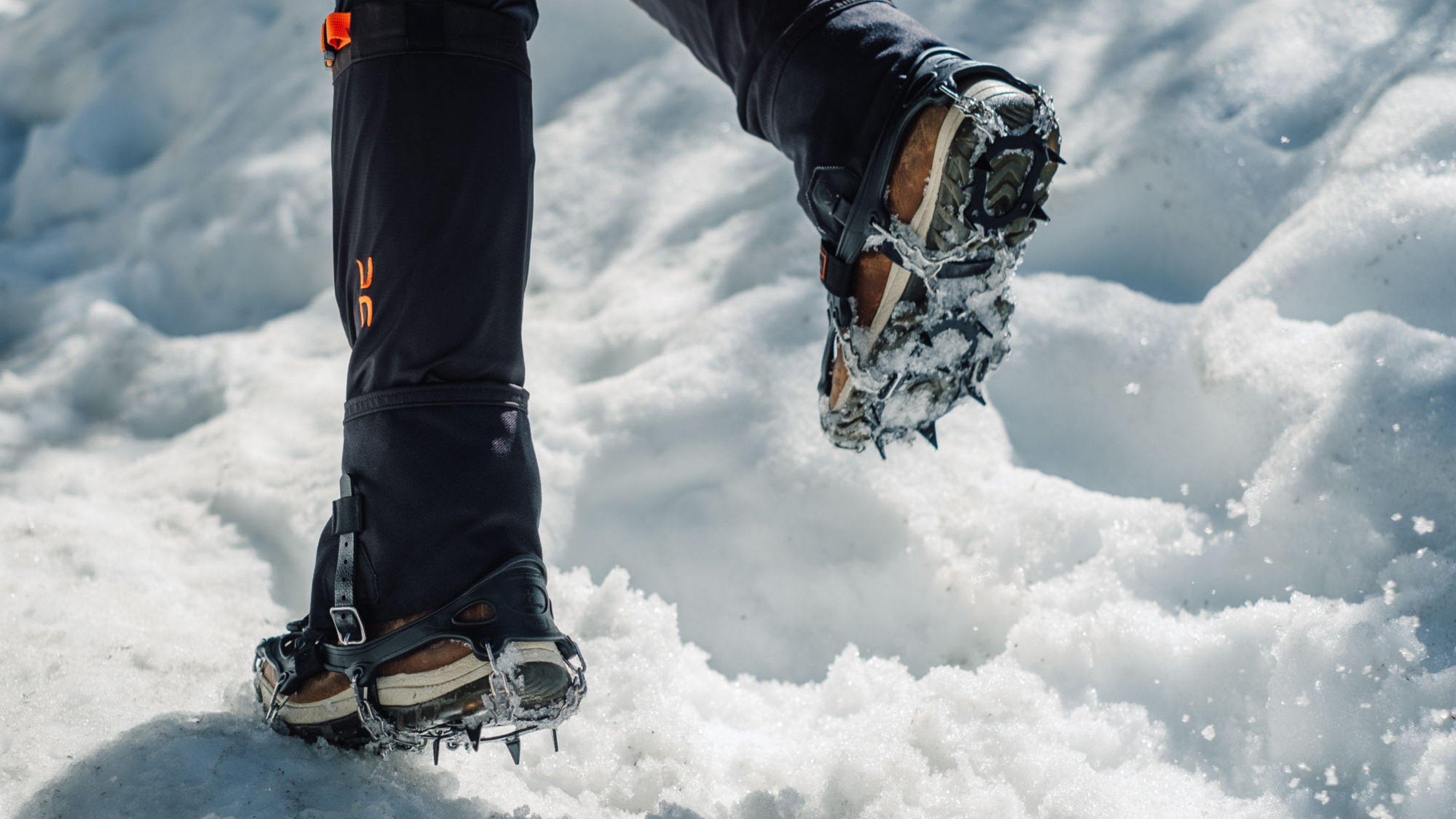
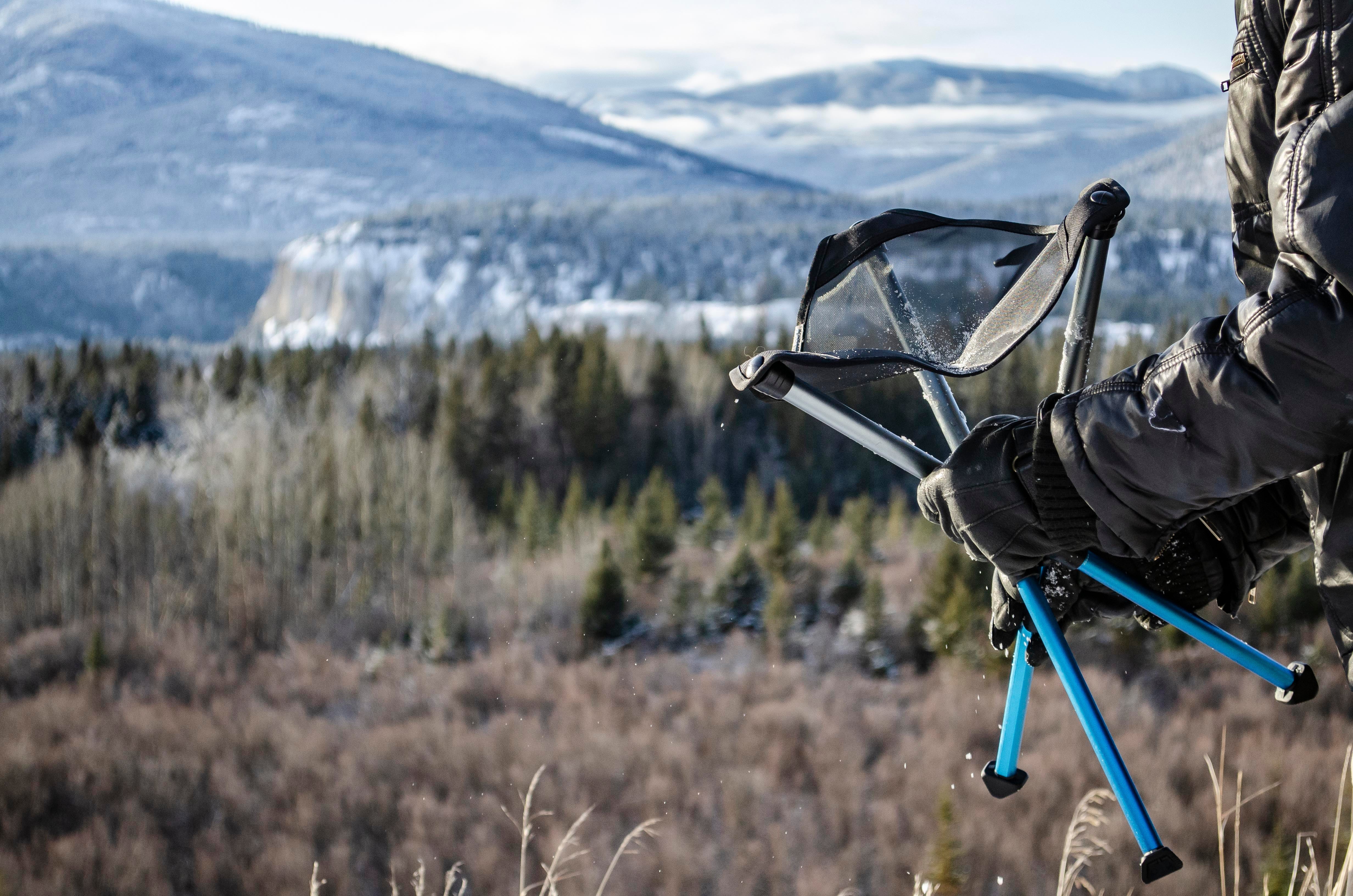
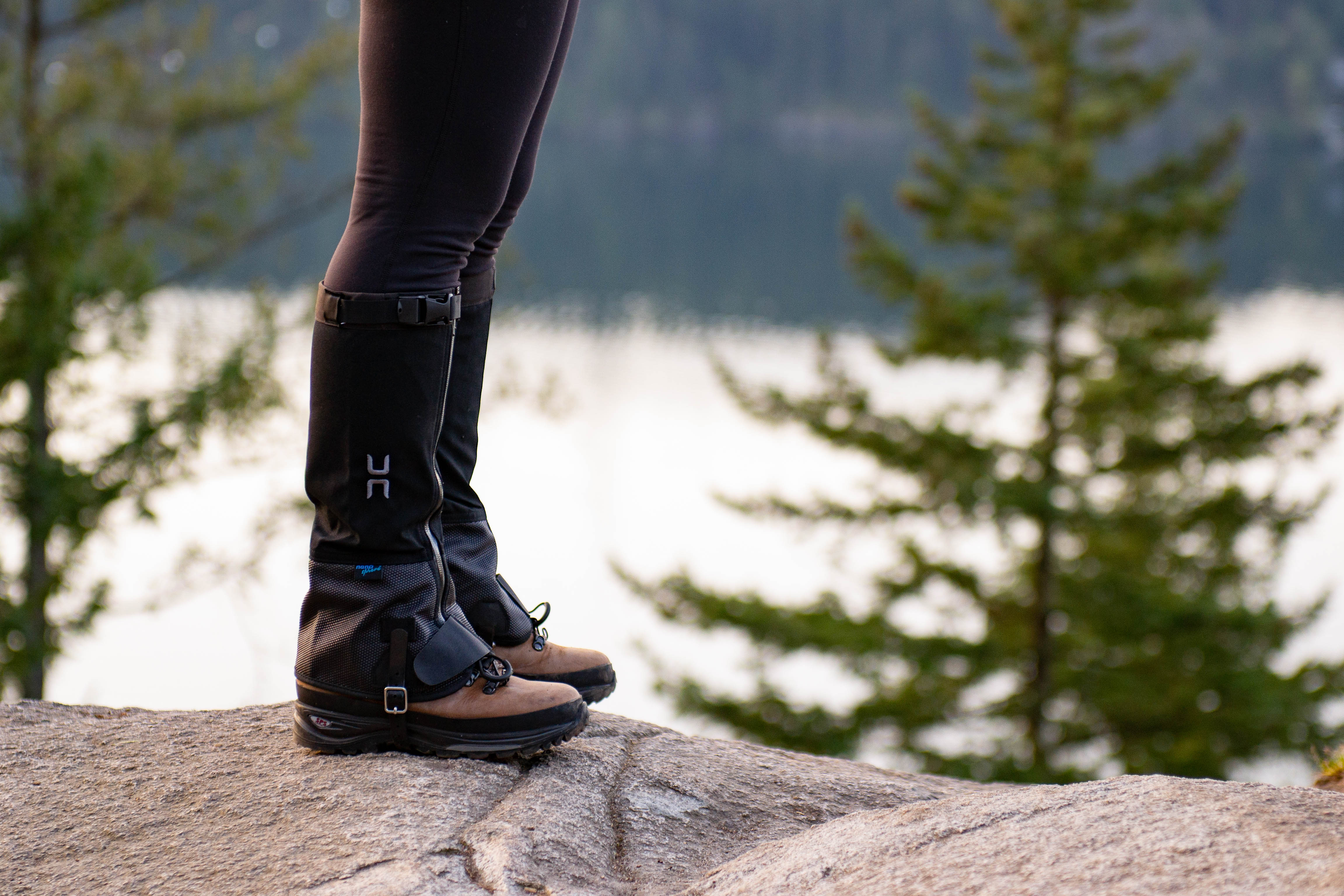
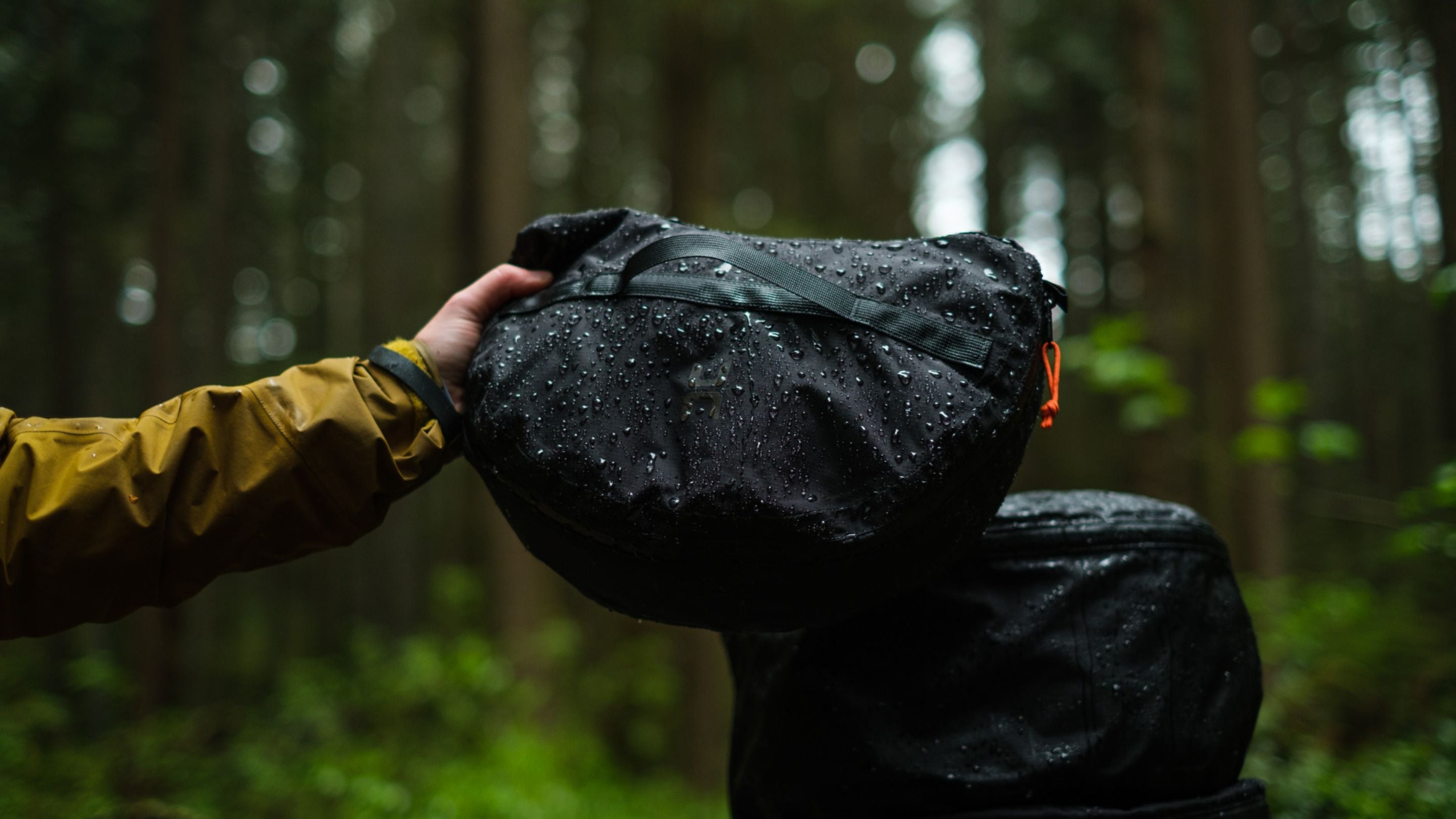
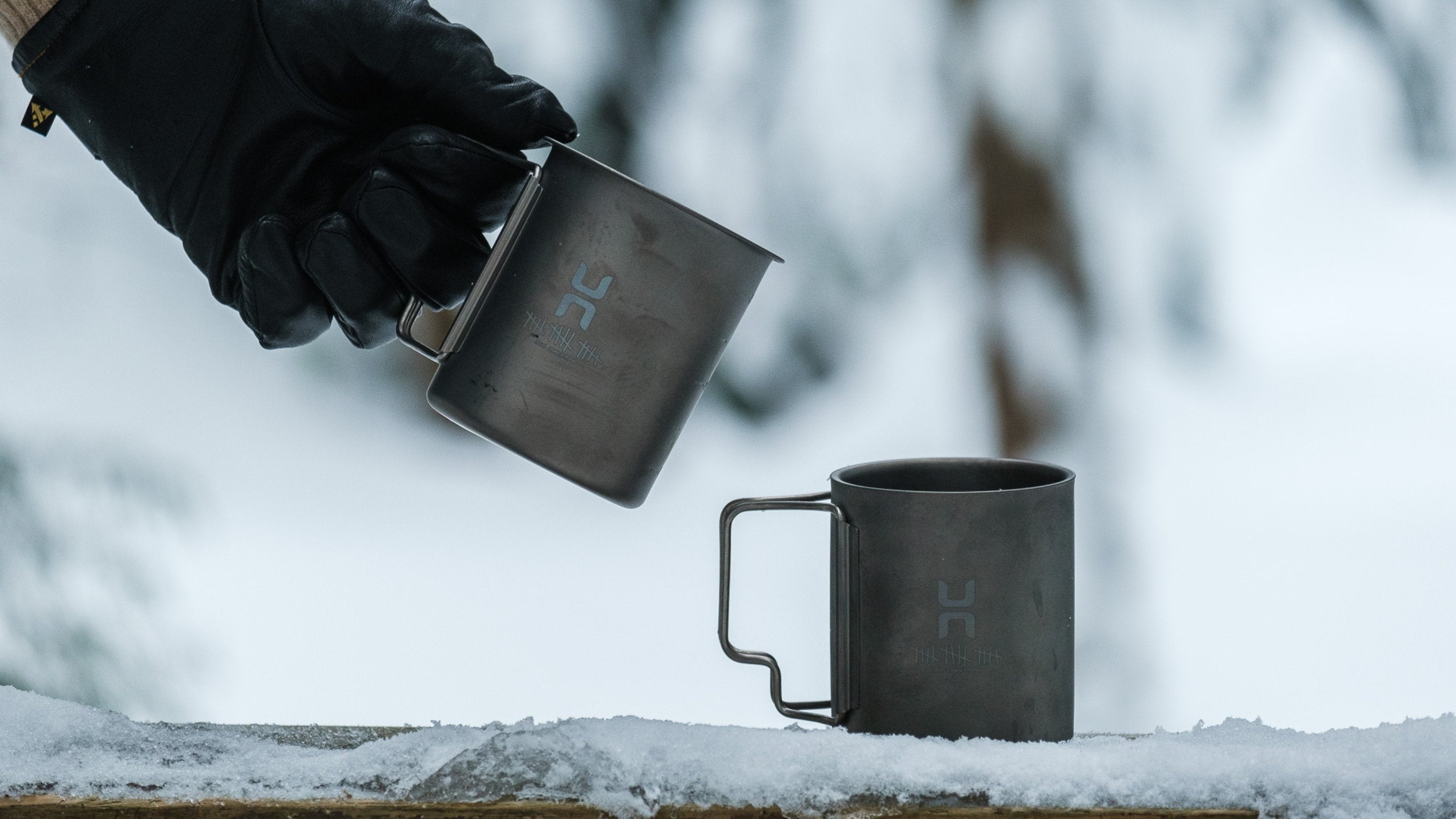
![Which Hillsound Crampon is Right for Your Winter Adventure? - [Canada] Hillsound Equipment](http://hillsound.ca/cdn/shop/articles/which-hillsound-crampon-is-right-for-your-winter-adventure-231615.jpg?v=1729689708&width=1080)
![The Best Backpacking Recipe Guide: Delicious Meals for Outdoor Adventures - [Canada] Hillsound Equipment](http://hillsound.ca/cdn/shop/articles/the-best-backpacking-recipe-guide-delicious-meals-for-outdoor-adventures-377677.jpg?v=1696535700&width=1080)
![Celebrating LGBTQ+ Outdoor Instagram Content Creators for Pride Month - [Canada] Hillsound Equipment](http://hillsound.ca/cdn/shop/articles/celebrating-lgbtq-outdoor-instagram-content-creators-for-pride-month-807396.jpg?v=1685693488&width=1080)
Leave a comment